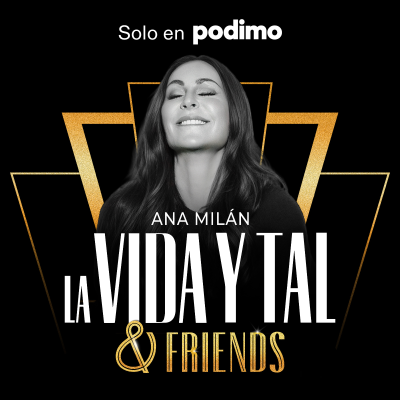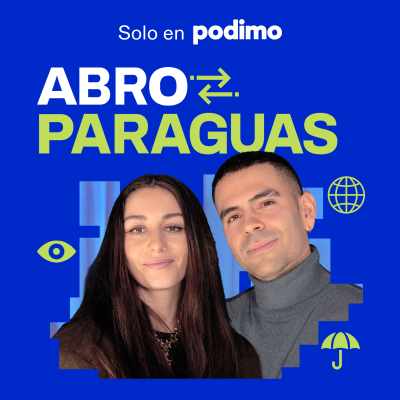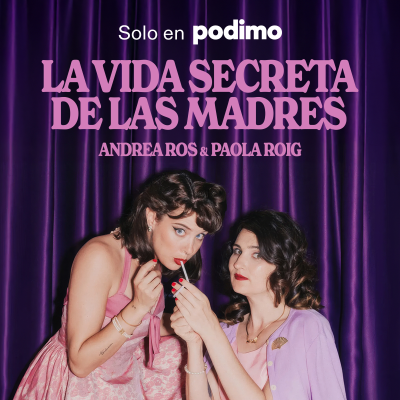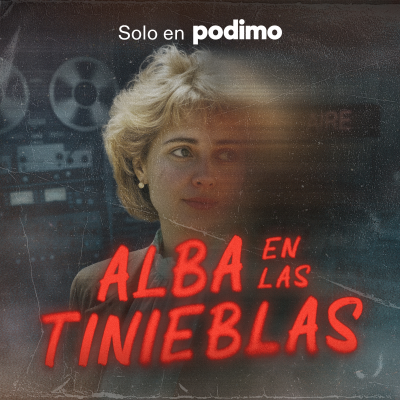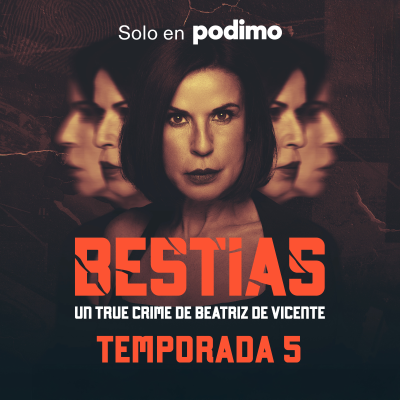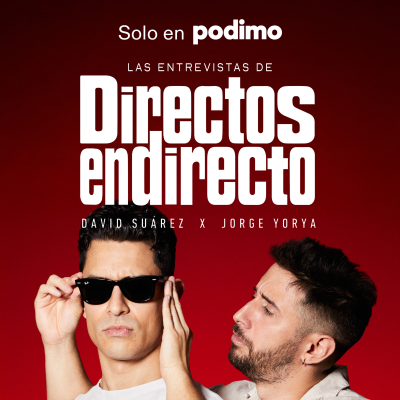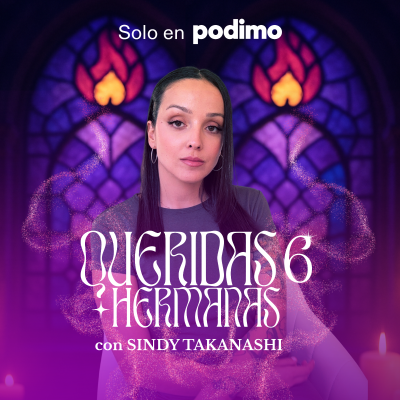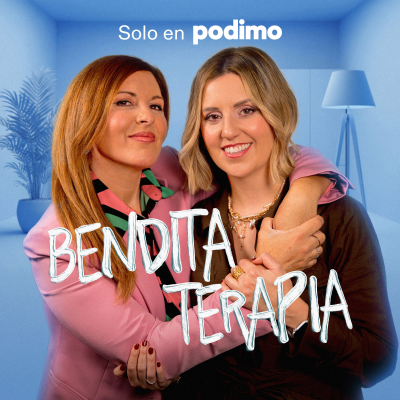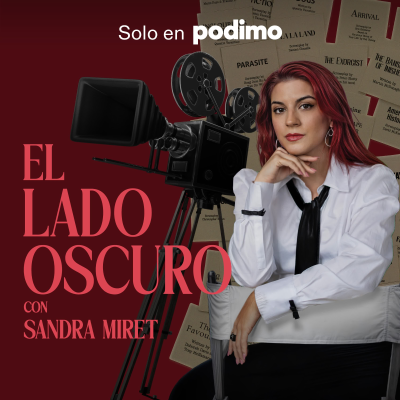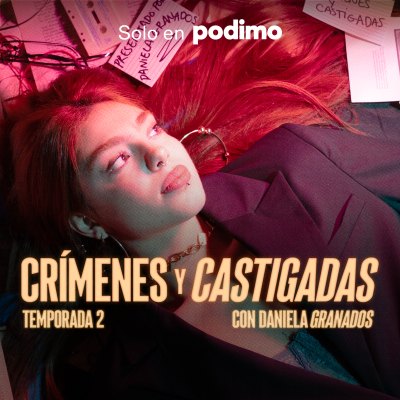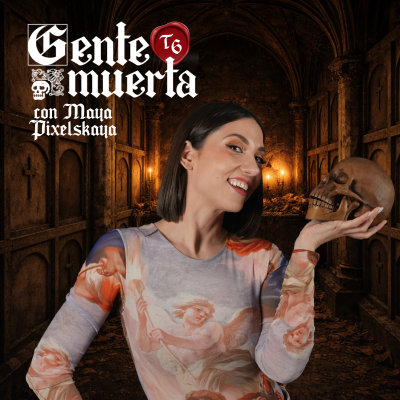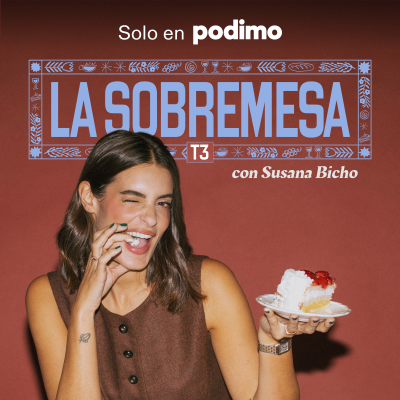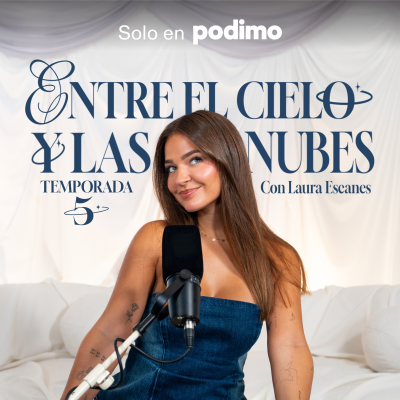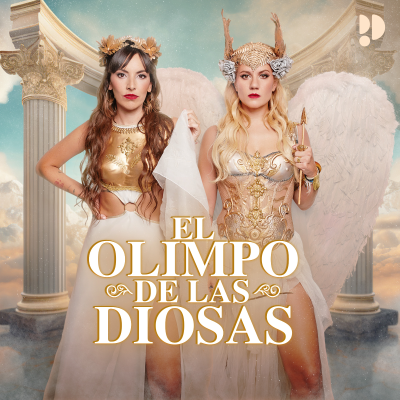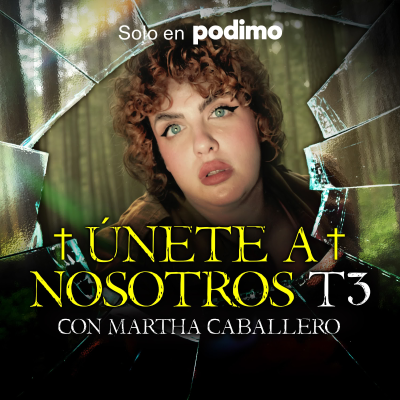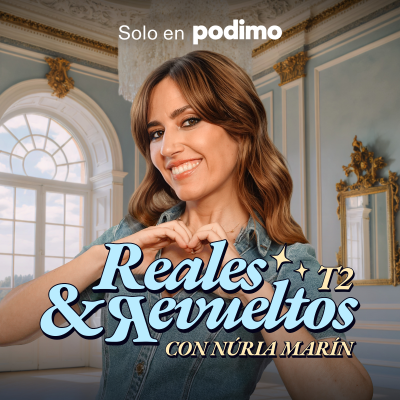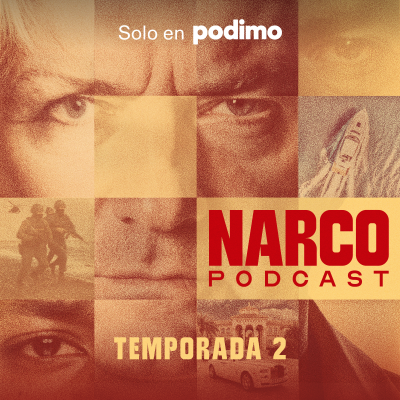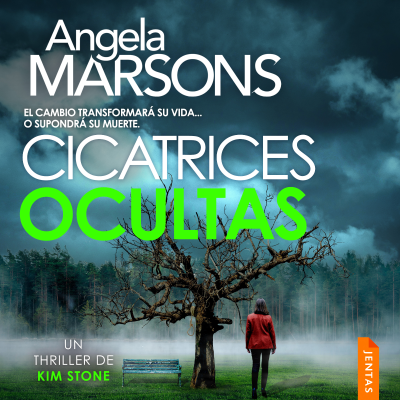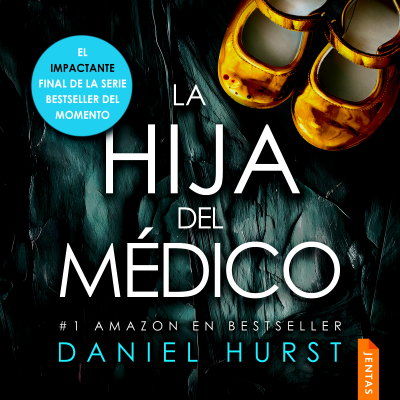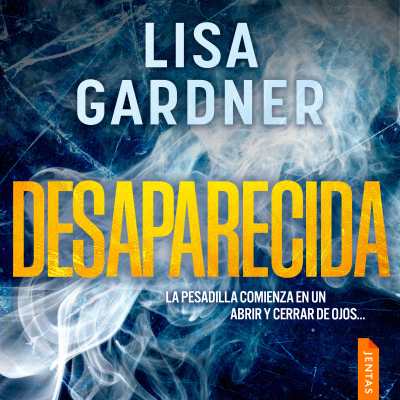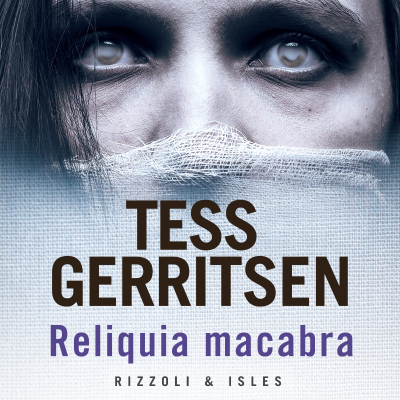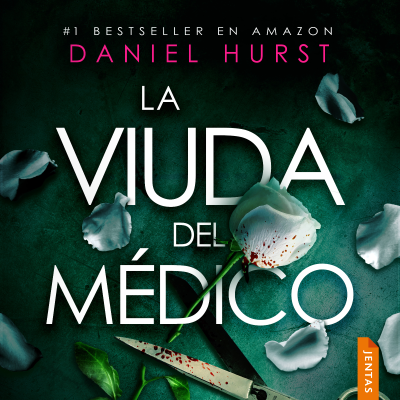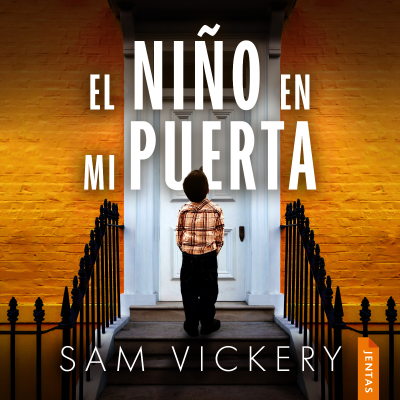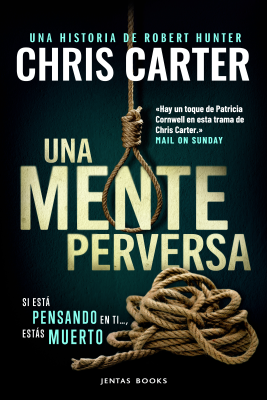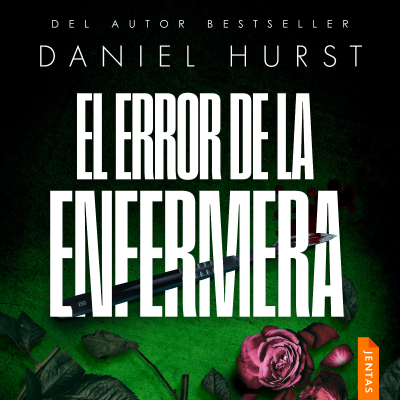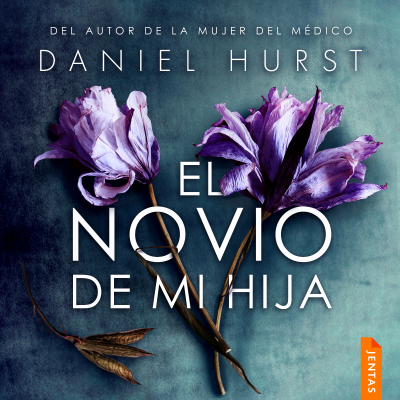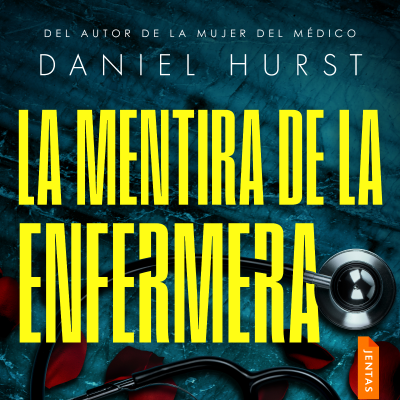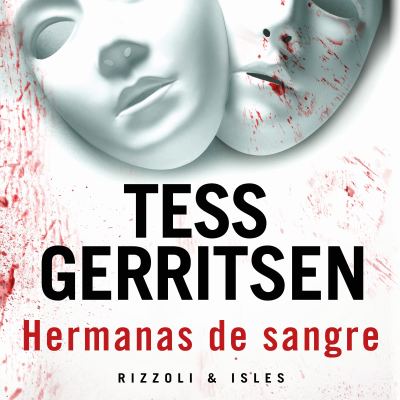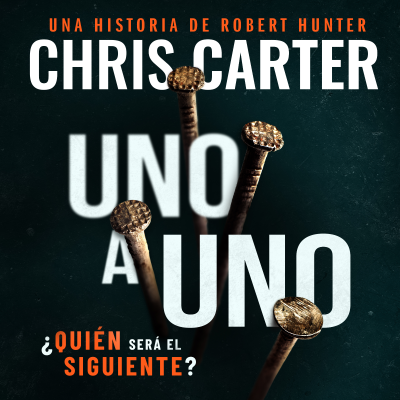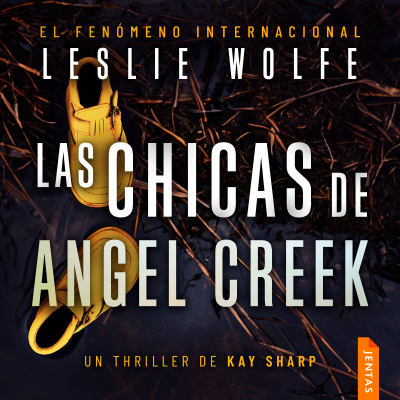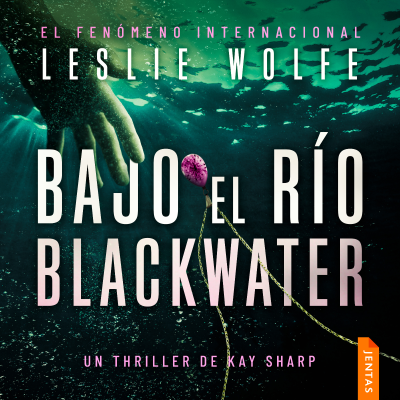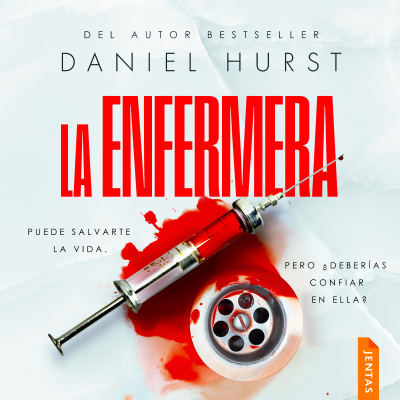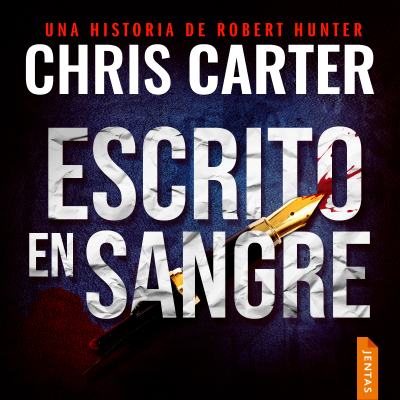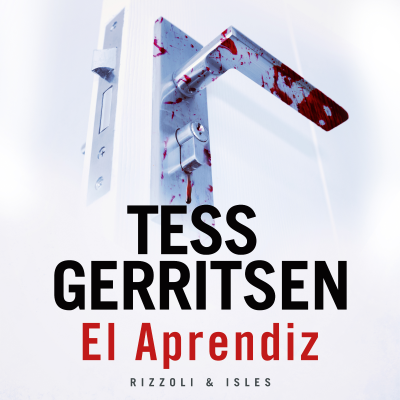
CrowdScience
inglés
Tecnología y ciencia
Oferta limitada
2 meses por 1 €
Después 4,99 € / mesCancela cuando quieras.
- 20 horas de audiolibros / mes
- Podcasts solo en Podimo
- Podcast gratuitos
Acerca de CrowdScience
We take your questions about life, Earth and the universe to researchers hunting for answers at the frontiers of knowledge.
Todos los episodios
481 episodiosWhy don't more animals have opposable thumbs?
On a recent kayaking trip, CrowdScience listener Lanier sliced through his right thumb, putting it out of action for a while. This made life difficult, as he couldn’t button his shirt, tie his shoelaces or type efficiently on his smartphone. Missing the use of his thumb made him wonder: since opposable thumbs are so advantageous to those of us who have them, why didn’t they evolve in more species? Host Marnie Chesterton unpicks the evolution of our own unique thumbs with the help of paleoanthropologist Tracy Kivell, learning how our grip compares to that of other animals. We discover why mammals like horses and dogs have no use for thumbs, and why we humans don’t have opposable big toes. Meanwhile, at Taronga Zoo in Sydney, Australia, senior keepers Tarryn Williams Clow and Bec Russell-Cook introduce us to two different marsupials. Humphrey the koala has not one but two thumbs on each hand. Why did koalas develop this anatomical quirk when their closest living relative, the wombat, has spade-like digits? Dr Mark Eldridge from the Australian Museum shares his hypothesis. And what if we, too, had another thumb? Marnie tries on a robotic Third Thumb, built by designer Dani Clode. Dani has collaborated with neuroscientists from the Plasticity Lab at the University of Cambridge. She tells us what the Third Thumb has revealed about the human brain and how we control our digits. Presented by Marnie Chesterton Produced by Cathy Edwards and Margaret Sessa Hawkins for the BBC World Service (Photo: Kung-Fu Koala - stock photo Credit: Alex BOISSY / Getty Images)
Can we cancel light waves?
Noise cancelling headphones filter out sound waves that we don’t want to hear. Listener Ahmed in Libya loves wearing his and, as he was listening to them, he had a thought: ‘Could we cancel out light waves in a similar way to how noise cancelling headphones do it?’ He sent his question to CrowdScience and now presenter Alex Lathbridge is getting deep into the physics, to find out if light cancelling devices could replace curtains and shutters. Alex starts at the Ray Dolby Centre in Cambridge in the UK, built to honour Ray Dolby’s invention of noise cancelling technology. In this amazing building he meets Jeremy Baumberg, Professor of Nanophotonics at Cambridge University. With the help of a tuning fork and a laser beams, Jeremy shows Alex that manipulating light is no easy feat. Undeterred, Alex tracks down Stefan Rotter, Professor of Theoretical Physics at Vienna Technical University in Austria. Stefan and his colleagues around the world have been pushing forward the development of a device called the ‘anti-laser’. Alex and Stefan explore whether this could be the light-cancelling device of Ahmed’s imagination. And once we've created a light-cancelling device, what do we do with it? Mary Lou Jepsen is an inventor and the founder of health tech firm Openwater. She tells Alex about how she’s using light wave manipulation to open up new possibilities for medical imaging, and even treatment. This programme includes clips from: Surrounded by Sound: Ray Dolby and the Art of Noise Reduction https://www.bbc.co.uk/programmes/m002bswq CrowdScience: Can we trap light in a box? https://www.bbc.co.uk/programmes/w3cswvwy Presenter: Alex Lathbridge Producer: Tom Bonnett Editor: Ben Motley (Photo: Eyesight and vision concept - stock photo Credit: J Studios / Getty Images)
Do multiple choice questions make us biased?
CrowdScience listener Griffith in Ghana, isn’t JUST a CrowdScience listener. He’s also a listener to our sister show on the World Service, Unexpected Elements. But he’s noticed something funny. In the weekly Unexpected Elements multiple-choice quiz, the answer is almost NEVER ‘a’. It’s nearly always ‘b’, or ‘c’. Why is this? When we set the quiz, why are we so reluctant to choose option ‘a’? His question leads presenter Alex Lathbridge on a journey into the murky depths of our brain, where he discovers the cognitive biases which so often trip us up in games of chance, or probability. Your brain might be a marvellous machine when it comes to figuring out how to understand the world, but sometimes, in the name of efficiency, it takes clever little short-cuts to the answer. This pragmatic approach to problem solving helps us manage an incredibly complicated world. But occasionally, especially when it comes to mathematics, chance, and probability, it leads us in the wrong direction. With the help of mathematician Kit Yates from the University of Bath in the UK, and some rather stale sweets, Alex will be finding out how to win at games of chance. Alex also explores the world of gaming, and gambling. Games of chance in which our intuition sometimes lets us down, and makes us choose unwisely. Rachel Croson, Professor of Economics at the University of Minnesota, USA, talks us through how the human brain can work against us. But can knowledge of those human pitfalls help us to win? Alex hears from Maria Konnikova, who turned her research on the psychology of poker into a successful gambling career. Can we really use maths to beat our brains, and learn how to win more often? Presenter Alex Lathbridge Producer Emily Knight Editor Ben Motley (Photo: Close up image of multiple choice question. Credit: BBC)
Why do I tan more in the US?
CrowdScience listener Namrata and presenter Chhavi Sachdev have something in common. They both get more tanned in the summer in the United States than back home in India. Namrata wants to know why she came back from her run in Boston with such a deep tan and doesn’t have the same experience in India. She’s got quite a few theories herself and wonders if it’s to do with the angle of the sun, pollution or humidity. Chhavi talks to dermatologist Neelam Vashi, who’s based in Boston, to find out how we tan and what protects us from the sun. She meets Julian Groebner at the World Radiation Centre in Switzerland who compares the data in India and the United States for CrowdScience and comes up with a surprising answer. She also talks to Indians in Mumbai who share their attitudes to tanning and what steps they take to protect themselves from the heat of the sun. Presenter Chhavi Sachdev Producer Jo Glanville Editor Ben Motley (Photo: Woman sunbathing on sun lounger by swimming pool. Credit: IndiaPix/Getty Images)
Do fish know what they look like?
There’s something fishy going on in the Czech Republic, where CrowdScience listener Ian lives. He keeps tropical fish, and he’s noticed that when he adds new ones to his tank, they swim with others of the same breed. He wants to know how they recognise each other. Do they know what they look like, and recognise others that look the same, or is there something else going on? Presenter Anand Jagatia takes a deep breath and dives into the science. At the Blue Reef Aquarium in Portsmouth, Dr Lauren Nadler from the University of Southampton introduces us to some Blue Green Chromis fish to look for clues about how and why they form their large social groups. And we explore the smelly world of fish olfaction with Professor Culum Brown from Macquarie University in Sydney Australia. The mirror test is a classic way of trying to understand whether an animal can recognise itself or not. Professor Alex Jordan from the Max Plank institute in Konstanz, Germany explains how scientists place a visible mark on an animal, show it a mirror, and if the animal tries to rub it off, it suggests that the animal knows it’s seeing itself. A variety of apes, elephants and dolphins have passed with flying colours, but has a fish been able to take on the test? And are there really self-aware shoals drifting through our oceans? Presenter: Anand Jagatia Producer: Emily Bird Editor: Ben Motley (Photo:Familiarity of the two fish. Portrait of a Hemichromis lifalili. Macro- Credit: kozorog via Getty Images)
Elige tu suscripción
Oferta limitada
Premium
20 horas de audiolibros
Podcasts solo en Podimo
Podcast gratuitos
Cancela cuando quieras
2 meses por 1 €
Después 4,99 € / mes
Premium Plus
100 horas de audiolibros
Podcasts solo en Podimo
Podcast gratuitos
Cancela cuando quieras
Disfruta 30 días gratis
Después 9,99 € / mes
2 meses por 1 €. Después 4,99 € / mes. Cancela cuando quieras.


